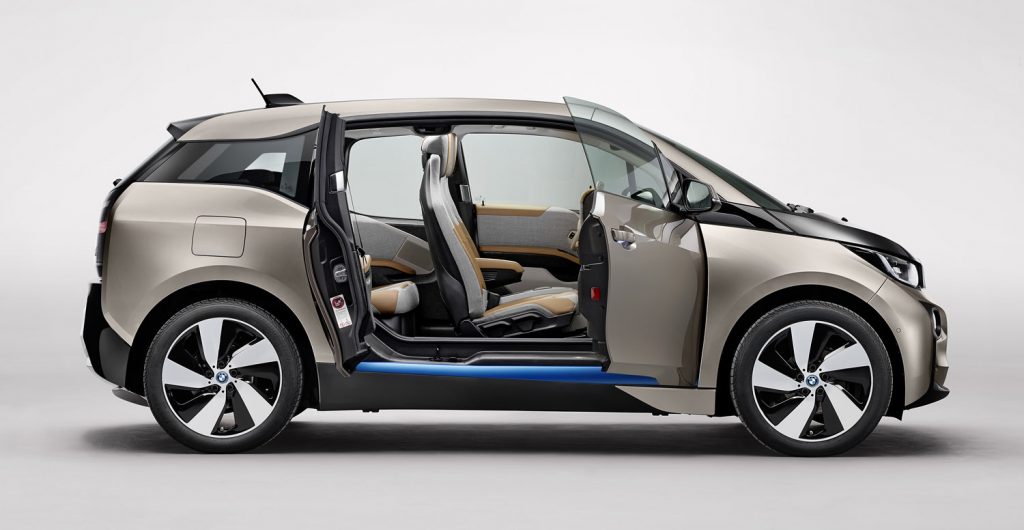More and more states are developing legislation and regulations that are unfortunately creating impediments to the development of autonomous vehicle technology," he states. "One of the most significant challenges that we face today with respect to the testing of autonomous vehicle technology is the patchwork of policy initiatives at the state level. He also adds that NHTSA should request states refrain from making their own AD laws in an amendment to the FAVP. Testifying on this behalf are Mike Abelson, vice president of Global Strategies at GM; Gill Pratt, CEO of Toyota Research Institute; and Anders Karrberg, vice president of government affairs at Volvo Car Group; Nidhi Karla, Senior Information Scientist of RAND; and Joseph Okpaku, vice president of government relations for Lyft. And as the lines gray between driver and vehicle responsibility with AD technology, Pratt emphasizes this is where the federal government should step in, saying, "… we firmly believe that the establishment of vehicle performance standards for autonomous vehicle technology should take place at the national level."
as mentioned in
Growth Opportunities for Adhesives in the Indian Automotive Industry 2016-2021
Some of the features of "Growth Opportunities for Adhesives in the Indian Automotive Industry 2016-2021: Trends, Forecast, and Opportunity Analysis" include:Market size estimates: Adhesives in the Indian automotive industry size estimation in terms of value ($M) and volume (M lbs.) Within the adhesives in the Indian automotive industry, the polyurethane adhesives segment is expected to remain as the largest market. The study includes a forecast for the growth opportunities for adhesives in the Indian automotive industry by product type, vehicle type, application type, and region, as shown below:By Product (Volume M lbs. Segmentation analysis: Adhesives in the Indian automotive industry size by various applications such as product, vehicle, and application in terms of value shipmentGrowth opportunities: Analysis on growth opportunities in different applications. Strategic analysis: This includes M&A, new product development, competitive landscape, and expansion strategies of adhesives in the Indian automotive industry suppliers.
Toray Plans Major Expansion of Carbon Fiber Business to Cater to Automotive Industry

Currently, Toray's carbon fiber division makes mostly exterior parts for the automotive business, with annual sales ranging from 10 billion yen to 20 billion yen. Share 0 Share 0Japanese company, Toray Industries is planning on major expansion of its carbon fiber business in the coming years to meet the surge in demand from automotive companies. This factory will become operational in 2018, will make enough electrode sheets every year for use in 100,000 fuel cell vehicles. Currently, Toray is already supplying electrode sheets in smaller quantities for use in Yoyota's Mirai and the Clarity fuel cell vehicles from Honda. Switching from steel to carbon fiber for key components would decrease a vehicle's weight by about 30%.
read more visit us industry